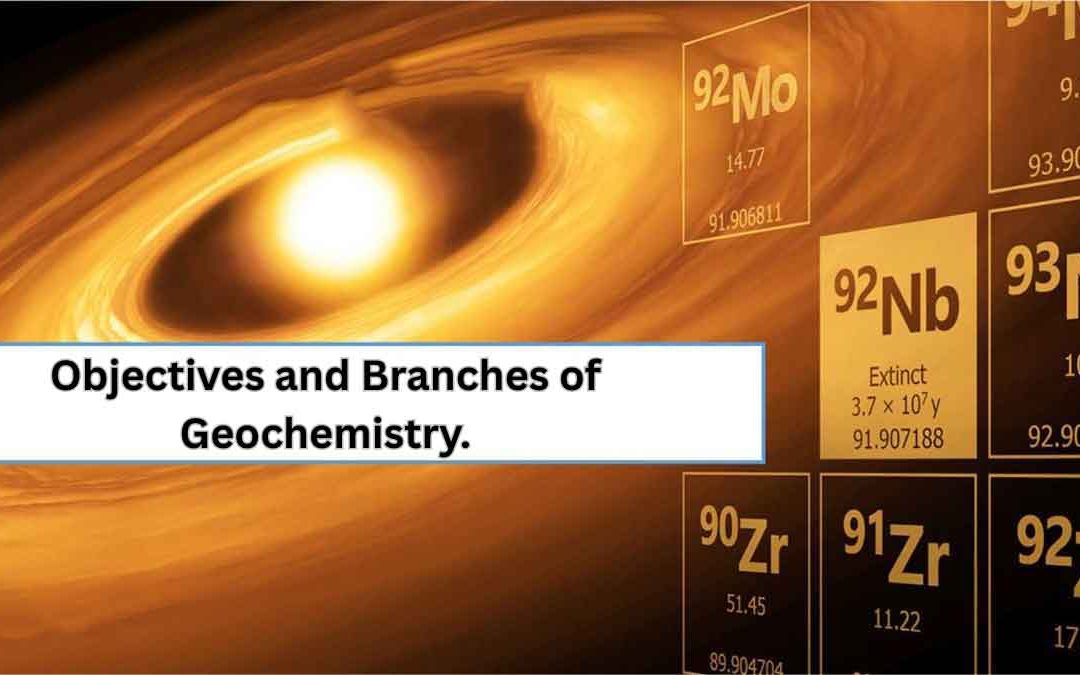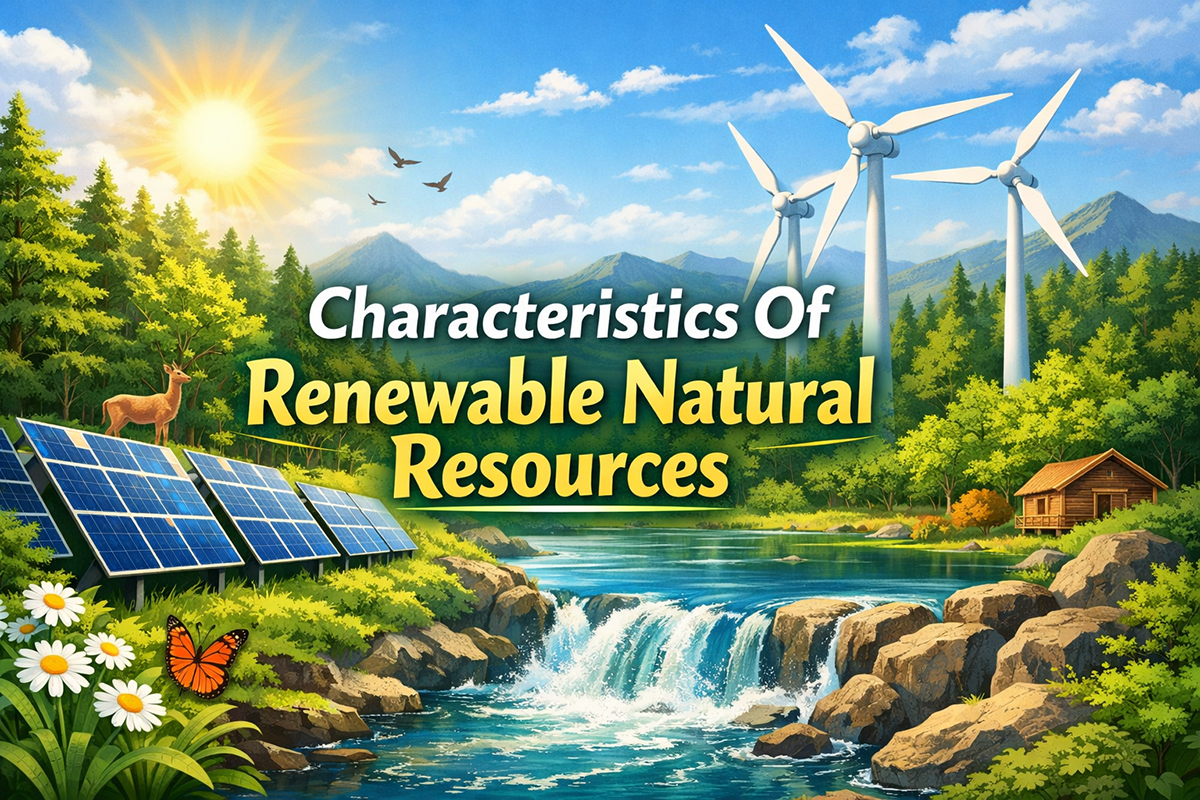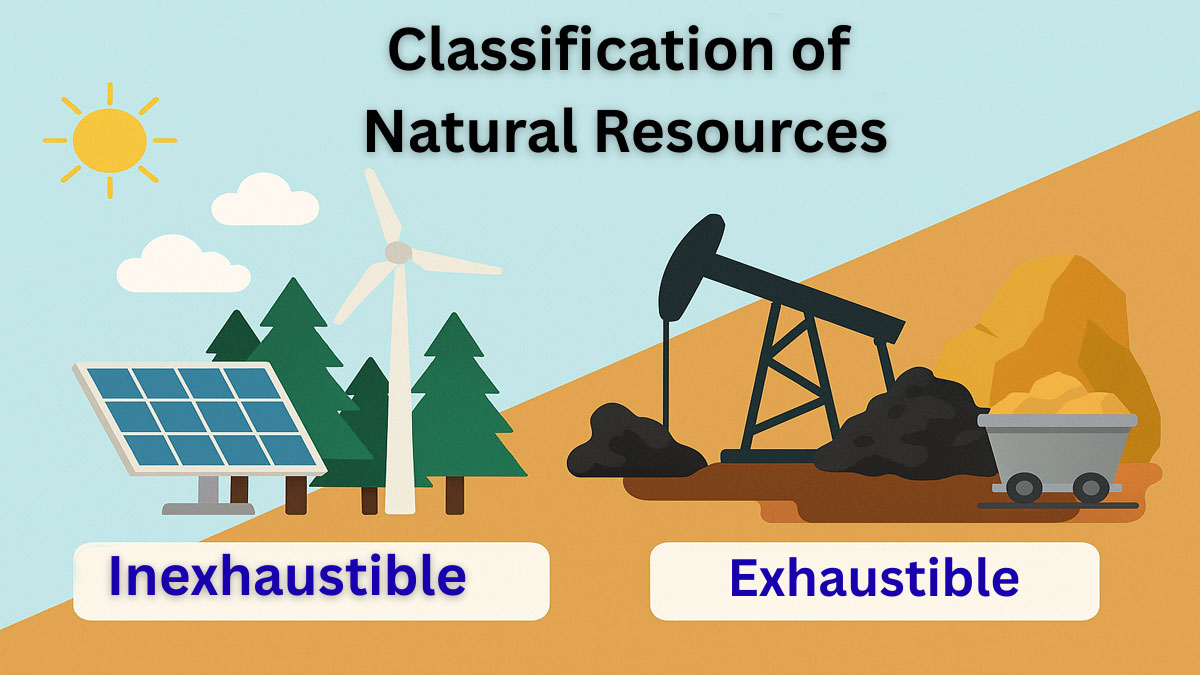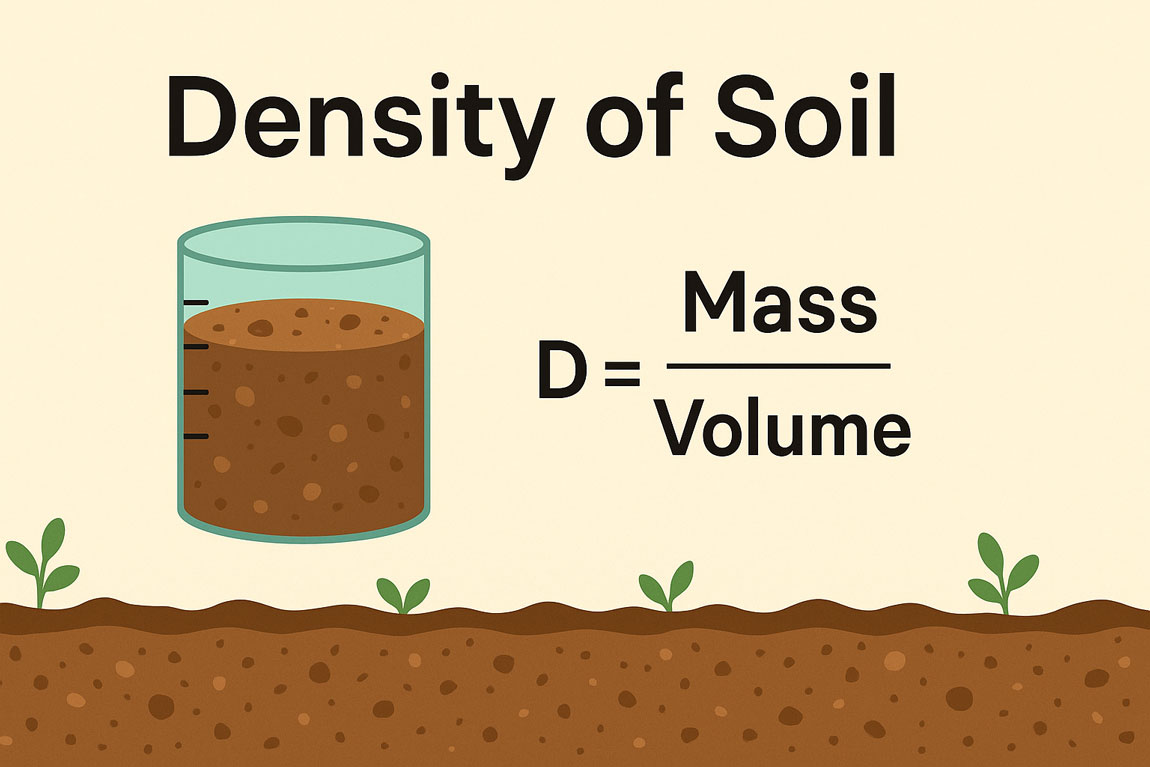Geochemistry:
Geochemistry is a science that uses the tools and principles of chemistry to explain the mechanisms behind major geological systems, such as the Earth’s crust and its oceans. It extends beyond the Earth, encompassing the entire Solar System.
Victor Moritz Goldschmidt (1954, p.1), the founder of modern Geochemistry, defined as: “The study of the distribution and amounts of the chemical elements in minerals, ores, rocks, soils, water, and the atmosphere, and the study of the circulation of the elements in nature, on the basis of the properties of their atoms and ions.”
The study of the distribution and abundance of isotopes, including problems of nuclear frequency and stability in the universe. A major concern of geochemistry is the synoptic evaluation of the abundances of the elements in the Earth’s crust and significant classes of rocks and minerals.
It has made essential contributions to the understanding of many processes, including mantle convection, the formation of planets, and the origins of granite and basalt.
Objectives:
- To know the distribution of the chemical elements in the Earth and in the solar system.
- To discover the cause for the observed chemical composition of terrestrial and extra-terrestrial materials.
- To study chemical reactions on the surface of the Earth, in its interior, and in the solar system.
- To assemble this information into geochemical cycles and to learn how these cycles have operated in the geological past and how they may be altered in the future.
Branches of Geochemistry:
It may also be considered a branch of Cosmochemistry. It is subdivided according to two standpoints.
- According to its (geologic) object of investigation.
- According to other specific points of view, e.g., method of investigation, practical applicability.
1. According to its (geologic) object of investigation:
(i) Lithogeochemistry:
Geochemistry of the Earth’s solid crust,
- Petrochemistry: Main components of the rocks
- Pedochemistry: Chemistry of soils
- Mineral chemistry: Major, minor, and trace elements of all minerals
(ii) Hydrogeochemistry:
Geochemistry of water (surface and groundwaters)
(iii) Biogeochemistry:
Geochemistry of living matter (fossils inclusive ─ organic geochemistry)
(iv) Atmogeochemistry:
Geochemistry of gases, especially of the atmosphere
(v) Cosmochemistry:
Chemistry of the extraterrestrial matter
2. According to other specific points of view:
(i) Isotope geochemistry:
Extension of the “normal” geochemistry to isotopes. Detection and interpretation of the natural variations to isotopic distribution:
- Isotope Geology: Including radiogeology may be understood as the direct application of isotope geochemical knowledge and results to geological problems.
- Radio geochemistry: Geochemistry of radioactive elements and isotopes and the physical determination of age by means of stable and unstable isotopes.
(ii) Physical geochemistry:
Use of physicochemical laws for the clarification of geochemical distribution laws, especially by experimental determination (experimental geochemistry) of equilibrium between mineral phases and solution.
(iii) Trace-element geochemistry:
Determination of the laws of distribution of trace elements in minerals and rocks relating to problems of crystal-chemistry and genesis, and for the practical utilization of these elements.
(iv) Regional geochemistry:
Determination of geochemical characteristics of regional geologic units, especially of regional Clarke values, of geochemical provinces, petrochemical, and deposit province.
(v) Exploration geochemistry:
Use of the general and regional geochemical laws in geological exploration, especially in the exploration of ore deposits (geochemical prospecting).
(vi) Historical geochemistry:
Determination of the dependence of geochemical laws and factors on the geological history of the Earth.






